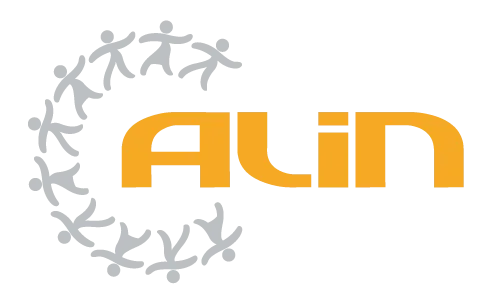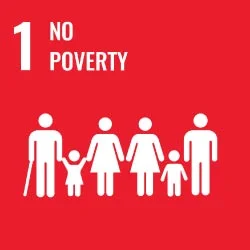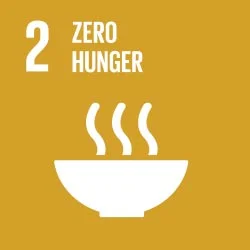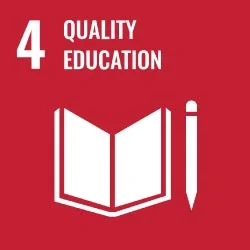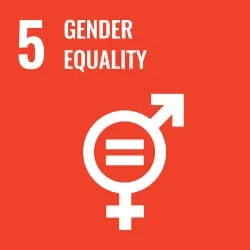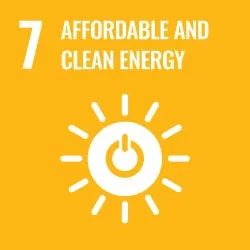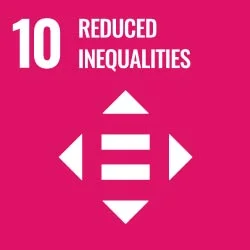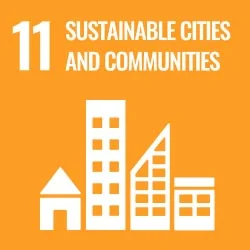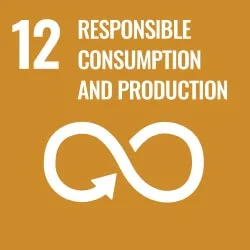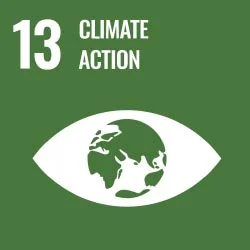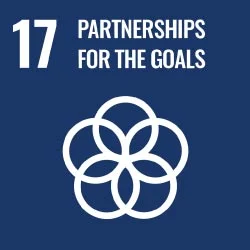Seeding Change: Promoting Open Education Resources in East Africa, One School at a time
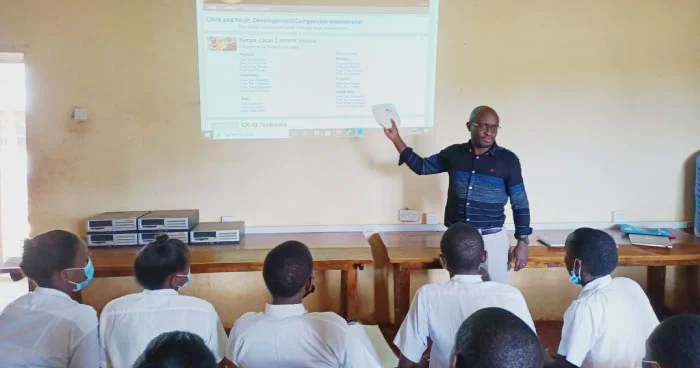
By Leila Nachawati
"Lack of connectivity does not just limit young people’s ability to connect online; it isolates them from the work and prevents them from competing in the modern economy. That’s why this is such a key area to focus on." The internet is a cross-cutting enabler for education. However, internet access is not distributed equitably around the world, and the African region is among the ones lagging behind in bringing internet connectivity to schools, colleges and out-of-school learners, as research by the Internet Society reveals.
In the case of East Africa, this continues to have a major impact on education, especially among the most vulnerable. Addressing this is the goal of Kenya-based organisation Arid Lands Information Network (ALIN), whose latest project provided teachers and schools with open educational resources. “Lack of connectivity limits young learners,” ALIN founder James Nguo stressed in an interview with APC. “It does not just limit children's and young people’s ability to connect online, it isolates them from the work and prevents them from competing in the modern economy. That’s why this is such a key area to focus on,” he added.
With the support of an APC subgrant, between 2021 and 2022 ALIN deployed and trained 86 teachers, facilitators and Ministry of Education and Teachers Service Commission representatives from the villages of Laikipia West (Kenya) and Kirima Sub County (Uganda). A gender perspective was embedded in the project, ensuring that at least 40% of the educators benefiting from it were women. The project, "Remote Area Community Hotspot for Education and Learning", is known within the community by its acronym: RACHEL.
Why open resources?
“Open educational resources are more affordable for underserved communities, which may not be able to afford other proprietary software licences. Also, this allows local communities to customise and adapt software to their specific needs, to localise it and align with their cultural context,” ALIN's programme manager Bob Aston explained. He also highlighted the collaboration and networking element of this technology: “The open nature of free/libre and open source technology encourages collaboration among educators, learners and developers, which is key to our communities. They would not be able to connect with both local and global networks to share experiences, resources and best practices otherwise,” he said. “Any device with a web browser can connect to RACHEL, which is specifically designed to teach and study offline. Teachers, students and self-guided learners of all ages can use it without depending on internet access, which is scarce due to remote location,” Aston shared on how the system works. “Servers have a five-hour battery life and are pre-installed with educational content from KA Lite, Wikipedia for Schools, Moodle, GCF LearnFree.org, PhET, Blockly Games and other educational materials developed by the Kenya Institute of Curriculum Development.”
To enable teachers, facilitators and learners to fully harness the qualities of open educational resources for teaching and learning, capacity building has been at the core of the project. “Autonomy is key, so it was very important that teachers and facilitators learned how to incorporate RACHEL technology and content into their classrooms and further create, access, repurpose, adapt or redistribute digital content to learners,” Aston said. “Feedback by teachers has been very positive. We’ve run several evaluations on the process and most teachers gave a good score to their knowledge and skills on open educational resources after the training, which is our most important indicator,” he noted.
Contributing to the Sustainable Development Goals
As an open educational resource, RACHEL has a central role to play towards Education 2030, particularly on Sustainable Development Goal 4, which calls for the international community to “ensure inclusive and equitable quality education and promote lifelong learning opportunities for all” with its key pillars of access, equity and inclusion. “We are also contributing to the Universal Declaration of Human Rights, which states that all people have basic inalienable rights and fundamental freedoms that include the right to receive and impart information and ideas through any media and regardless of frontiers (Article 19) and the right to education (Article 26),” Nguo stressed, “and to the promotion of key principles of the African Declaration on Internet Rights and Freedoms, particularly internet access and affordability, right to information, right to development and access to knowledge, marginalised groups and groups at risk, and
gender equality.”
Awareness among policy makers and education leaders
ALIN’s work also includes building awareness of the relevance of these skills and resources among policy makers and education leaders, as well as teachers and learners. “This project has strengthened our Ministry of Education by equipping learners with digital literacy, which is one of the core competencies in the new Competency Based Curriculum (CBC),” Ministry representatives Ol-Moran and Sipili Zone said, in an appreciation letter sent to the organisation. “This is actually one of the pillars of ALIN’s Strategic Plan 2022-2027,” Nguo said. “We aim for digital transformation of the region, school by school, through ICTs for education, which is why we are currently exploring new funding options to support more schools.” Original Publication by Association for Progressive Communications- the link which you will put for the article Seeding change: Promoting open educational resources in East Africa, one school at a time | Association for Progressive Communications (apc.org)

